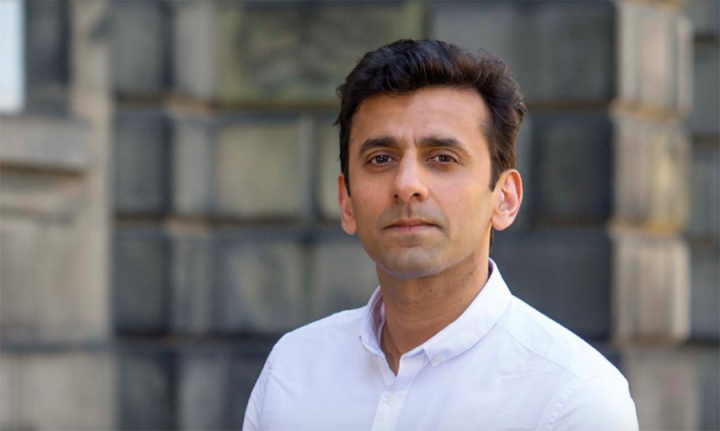Research and Public Engagement
The University conducts world-leading research addressing climate change and sustainability issues, responding with multi-disciplinary and high-impact research across a range of disciplines.
Health and wellbeing
Across the University’s community, researchers and experts have been responding to the Covid-19 pandemic on a local, national and global scale. The University’s experts are continuing to provide evidence and advice to governments worldwide and are in high demand from policy makers. We are helping to track the spread of the virus, leading clinical trials and investigating new therapies aimed at reducing the severity of disease.
One such project is Our Health, which creates community-based research that invites local communities to set real-world research questions and agendas around health and wellbeing. In 2020, Students have used their skills and access to research to help local community groups better understand Covid-19 research. Interdisciplinary teams of students work on projects with communities locally and globally, with the aim to address health inequalities for some of the most disadvantaged in society, including those in Edinburgh, India and Africa.
The Centre for Homelessness and Inclusion Health has collaborated with a range of community partners on research projects. This included exploring the factors that influence harmful alcohol use through the refugee journey, evaluating the Cyrenian’s homeless hospital admissions pathways project and researching the impact of Covid-19 on people in the homelessness sector, including those with lived experience of homelessness.
Addressing the climate crisis
The University joined the COP26 Universities Network, which is a growing group of more than 40 UK-based universities working together to raise ambition for tangible outcomes from the UN COP26 Climate Change Conference. Its aim is to ease access to evidence and academic expertise for COP26 for government, NGOs, and other actors, and by universities taking action.
Through membership of UNA Europa and the U7 Alliance, the University is working with partner universities, such as the University of Toronto, on collaborative research and joint degree programmes and courses.
The Edinburgh Centre for Carbon Innovation (ECCI) at the University of Edinburgh has wide-ranging impact, bringing together low carbon leaders and practitioners from business, finance and the public sector to accelerate and catalyse large-scale low carbon projects.
The Centre harnesses academic staff expertise from across the University of Edinburgh and beyond, influencing and shaping its development towards impact. The Centre plays a key role in initiatives like Place-Based Climate Action Network (PCAN), the Edinburgh Earth and Environment Doctoral Training Partnership and SAGES (the Scottish Alliance for Geoscience, Environment and Society).
Inclusion, equality and diversity
The Political Settlements Research Programme conducts research centrally focused on how peace processes attempt to revise political settlements to make them more inclusive, so as to end violent conflict. The programme has delivered projects on gender equality. This includes PeaceFem, a mobile phone app that illustrates women’s inclusion in peace processes around the world.

Specialists from a range of academic disciplines launched a cross-University hub for research and teaching on race and ethnicity in 2020. Academics across the humanities and social sciences will explore the vital role that ideas of race and practices of racism play in social, political and economic life across the globe. The RACE.ED hub will highlight the work of experts at Edinburgh and showcase the insights of academics from around the world.
Innovation
Edinburgh Innovations helped launch a record 88 companies founded by staff and students, and reported record investment of £32.6 million in existing spinouts and start-ups. Inspire Launch Grow, the annual competition for entrepreneurial staff, students and recent graduates awarded £5,000 to winners across five categories. Cancer therapy, human-like skin for robots, personalised synthetic voices for people who lose theirs through illness, and environmentally friendly sanitary products were among the prize-winning inventions.
Case studies
Covid-19 Response
Expert hub makes matters of race its focus

